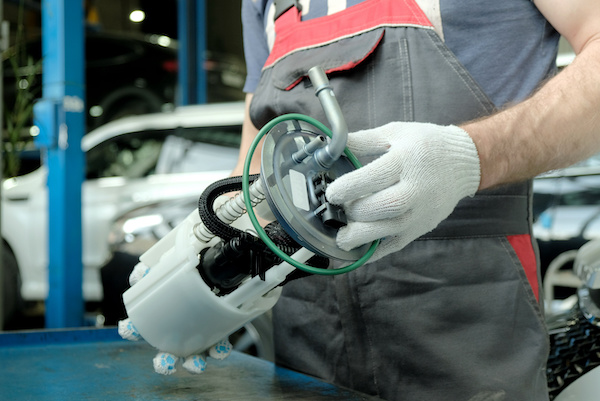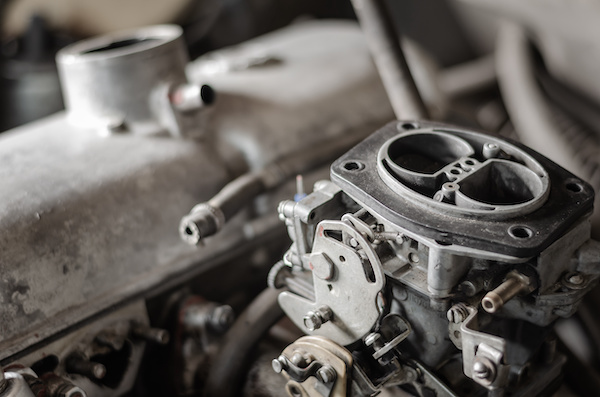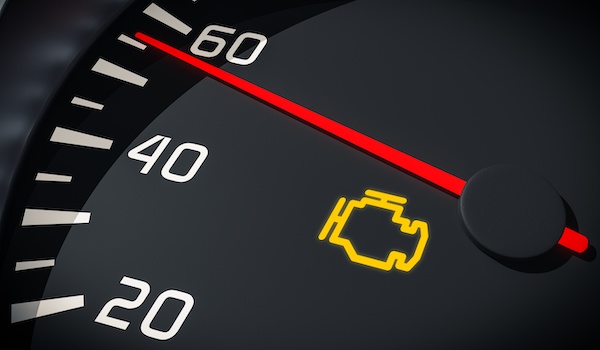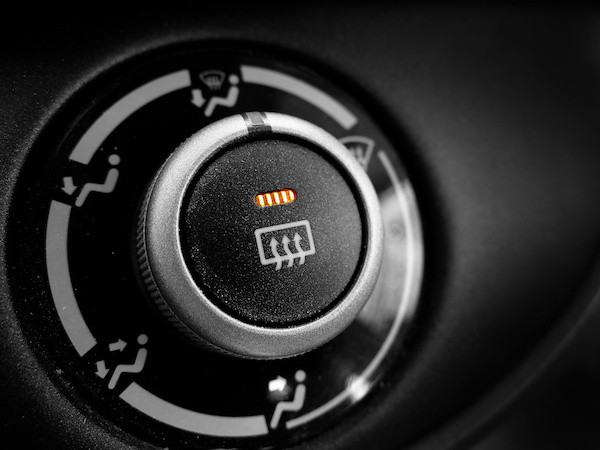Posted on 5/30/2023

Ah, spring! It is the season of renewal and rejuvenation, and it is finally upon us in beautiful Alberta. As the snow melts away and the days grow longer, it's time to give your car some much-needed attention after the harsh winter months. To ensure a trouble-free driving experience, the team at Mint Auto Service has compiled a list of important spring car care tips for all Alberta drivers. Thoroughly Clean Your Vehicle: Winter driving exposes your car to road salt, grime, and slush, which can build up on the exterior and undercarriage. Give your vehicle a detailed wash, paying special attention to the wheel wells, undercarriage, and areas prone to salt buildup. A clean car looks great and helps prevent rust and corrosion. Inspect Your Tires: Check your tires for signs of wear and tear, including uneven tread wear or bulges. Spring is also an excellent time to switch from winter tires to all-season or summer tires if it applies to you. Test Your Battery: Cold winter temper ... read more
Posted on 4/30/2023

As a vital component of your vehicle's fuel system, the fuel pump delivers fuel from the gas tank to the engine. When your fuel pump isn't working correctly, you'll experience various issues, including a car that won't start or stalling during acceleration. What Can Damage Your Fuel Pump? Several factors can damage your fuel pump and cause it to fail prematurely. Here are some of the most common explanations: Running on an Empty Tank: Your fuel pump relies on the gasoline in your tank to keep it cool and lubricated. Running on an empty tank can cause the pump to overheat and fail. Using Low-Quality Fuel: Fuel that contains impurities, such as dirt and debris, can damage your fuel pump's internal components. Driving on Rough Roads: Repeatedly driving on rough or uneven surfaces can cause the fuel pump's filter to become clogged with debris and dirt, leading to a decline in performance. Faulty ... read more
Posted on 3/30/2023

Carburetors and fuel injection systems are fuel delivery systems essential to your vehicle's engine operation. In today's blog, we will go over the different attributes of carburetors and fuel injection systems and their pros and cons. Carburetors A carburetor is a device that mixes air and fuel in the correct ratio before it enters the engine. Carburetors were popular in older vehicles, but today, they are rarely used in modern cars. Carburetors work by creating a vacuum that draws air into the engine, and fuel is added in the correct proportion through a nozzle or venturi. The carburetor then creates a combustible mixture, which is sent to the engine's cylinders for combustion. Pros of Carburetors: More straightforward design and easier to maintain Lower cost compared to fuel injection systems Cons of Carburetors: Less efficient than fuel injection systems Less precise fuel and air mixture More susceptible to cold-start issues More difficult to adjust for differe ... read more
Posted on 2/28/2023

The check engine light is a dreaded sight for most drivers. It's a warning sign that something is wrong with your car and can be a source of stress and worry. However, staying calm and taking action when the check engine light comes on should be your top priority. Here are some steps you can take when the check engine light comes on: Check your gas cap - A loose or damaged gas cap can trigger the check engine light to come on. Make sure your gas cap is securely tightened, and if it's damaged, replace it. Check your dashboard - If your car has other warning lights or gauges, check them to see if they indicate any other issues. If they do, it's best to pull over and call for a tow. Check for visible issues - Check your engine for any visible signs of damage or issues, such as leaks or loose wires. Don't panic - The check engine light can indicate various issues, from something minor, like a loose ga ... read more
Posted on 1/31/2023

Winter weather can be challenging when it comes to keeping your car windows clear. From frost and ice on the outside to fog and condensation on the inside, it can be hard to see when you're driving. One of the most important features to keep your windows clear is the defroster setting in your car. In this blog post, we'll explain how to use the defroster setting in your car so you can stay safe on the road. What is a Defroster? A defroster is a heating element that is located on the dashboard or rear window of your car. It works by blowing warm air onto the windows to melt any frost or ice that has formed on the outside and to clear any fog or condensation that has formed on the inside. How to Use the Defroster Setting in Your Car Using the defroster setting in your car is relatively simple, but it's important to follow the right steps to get the best results. Start the car: Before you can use the defroster, you need to start the car and let it warm up. This will help ... read more